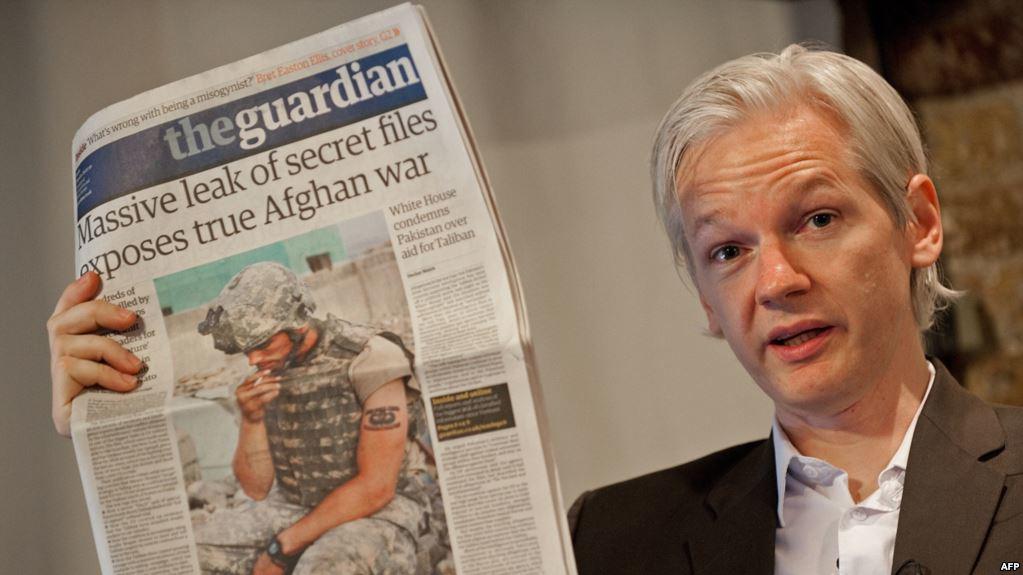On Monday a federal judge in Virginia unsealed the original 2017 affidavit and criminal complaint on which Assange's extradition request to the US is based, offering new details including chat logs between Assange and former Army intelligence analyst Chelsea (then Bradley) Manning, which attempt to support a single count of “conspiracy to commit computer intrusion” which may or may not have succeeded.
The US alleges Assange actively sought for and encouraged Manning to crack a password to access classified information on a Defense Department network; the affidavit claims details related to this charge, for instance chat log discussions between the pair over how to crack a password, though the affidavit notes that "it remains unknown whether Manning and Assange were successful in cracking the password," related to the conspiracy charge.

“Investigators have not recovered a response by Manning to Assange's question, and there is no other evidence as to what Assange did, if anything, with respect to the password,” the document states.
However, the FBI-produced affidavit's language throughout makes no mention of Assange acting in the way of a journalist or a publisher, but instead takes pains to paint him as conspiring to commit espionage.
The document further notes that though Manning suspected the person on the other end of the chat was Assange, ultimately “it took me four months to confirm that the person i was communicating was in fact assange.”
The affidavit describes the individual in communication with Manning “appeared to have extensive knowledge of WikiLeaks' day-to-day operations, including knowledge of submissions of information to the organization, as well as of financial matters.”
„Would“ ... „would“... „remains unknown“ ... „no other evidence“ #Assange (https://t.co/wlLP4sO3ew) pic.twitter.com/DnY81XP9X9
— Frederik Obermaier (@f_obermaier) April 15, 2019
Manning had spent seven years in prison on violations of the Espionage Act and copying and disseminating classified military field reports, before receiving a commutation from President Obama. The secret military documents and files were what put WikiLeaks on the international media map after they were released on 2010, and included sensitive information about the Iraq and Afghan wars, Guantánamo Bay operations, as well as other State Department cables.
The document uses maximal and hyped language to describe “one of the largest compromises of classified information in the history of the United States,” yet struggles to ascertain whether “illegal agreement that Assange and Manning reached” specifically led to the release of the document trove (obviously crucial for charges against Assange to hold up).
Concerning a potential extradition to the US, “probable cause” is cited to be the hundreds of messages sent between Manning and Assange on the Jabber platform. The argument is that Assange and Manning understood that it “would cause injury to the United States,” especially with US forces active on the ground in Afghanistan.
But on this point of whether the...

